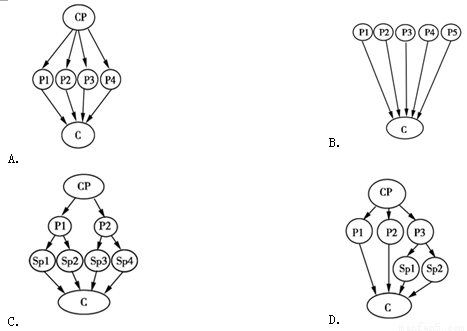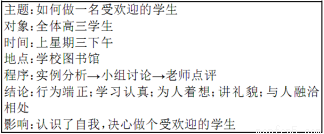0 130588 130596 130602 130606 130612 130614 130618 130624 130626 130632 130638 130642 130644 130648 130654 130656 130662 130666 130668 130672 130674 130678 130680 130682 130683 130684 130686 130687 130688 130690 130692 130696 130698 130702 130704 130708 130714 130716 130722 130726 130728 130732 130738 130744 130746 130752 130756 130758 130764 130768 130774 130782 151629


